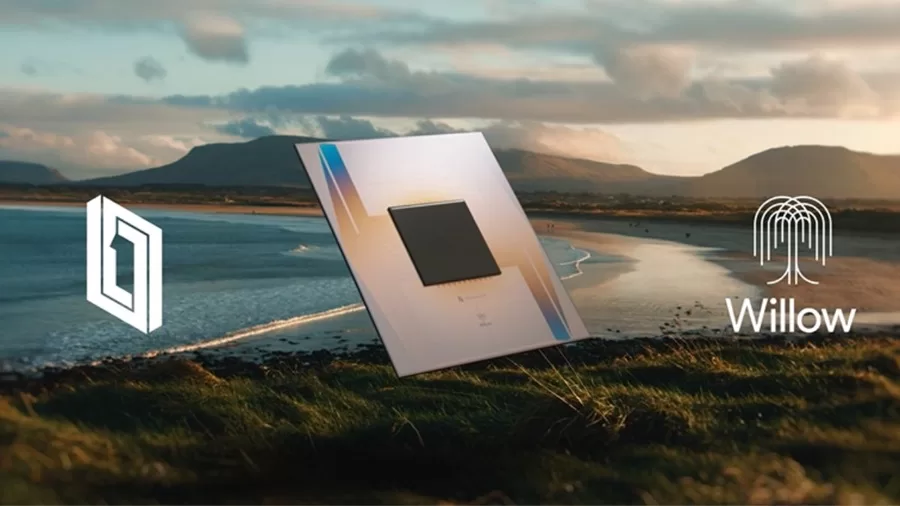Technology
Google Unveils Willow QPU: A Game-Changer in Quantum Stability and Speed

- The Willow QPU from Google set new records in processing speeds and enhanced error correction, boosting quantum stability.
- Google’s Sycamore chip demonstrated “quantum supremacy,” solving problems faster than conventional supercomputers, with applications in AI and cryptography.
- Despite challenges like qubit stability and error correction, these breakthroughs mark a major step forward in achieving practical quantum computing.
With its state-of-the-art Willow quantum processing unit (QPU), Google has achieved a new milestone in quantum computing. This advancement, coupled with the improvements from the Sycamore chip, demonstrates how quantum computing can surpass traditional supercomputers and usher in a new era of technological power.
What Is Revolutionary About Willow?
The revolutionary aspect of Willow lies in its unprecedented processing speeds, allowing it to tackle problems that would take traditional computers thousands of years to solve. Its enhanced error correction capabilities enable qubits—the core units of quantum computing—to remain stable in challenging environments, ensuring more accurate and advanced computations. This stability is a crucial breakthrough, paving the way for real-world quantum applications.
The Benchmark for Sycamore
The Sycamore chip, with its 67 qubits, demonstrated its power by solving problems in seconds that would take traditional supercomputers a significant amount of time. This milestone, known as “quantum supremacy,” showcases the potential of quantum computers in large-scale simulations, artificial intelligence, and cryptography. Through this achievement, Google continues to push the limits of quantum physics to enhance computational capabilities.
Significance for Cryptography and Other Fields
Quantum computers’ ability to factor large numbers quickly poses a potential threat to current cryptographic methods, including RSA encryption, which could be compromised, requiring the adoption of post-quantum cryptography. Additionally, these advancements open up new possibilities in fields where traditional computers struggle, such as materials science, drug development, and logistics optimisation.
Obstacles to Come
Despite these promising advancements, scaling quantum computers to hundreds or millions of qubits remains a significant challenge. Current machines are highly sensitive, requiring advanced error-correction technologies to ensure reliability and operating temperatures close to absolute zero.
A Future in Quantum
Google’s work with Willow and Sycamore highlights the company’s commitment to moving from theoretical milestones to real-world quantum applications. This progress positions Google as a leader in quantum innovation and signals a shift in how complex computing challenges will be addressed.
As quantum computing continues to progress, these devices will inevitably evolve from being experimental marvels to becoming essential tools that will shape the future of digital technology and scientific discovery across various industries.

























































